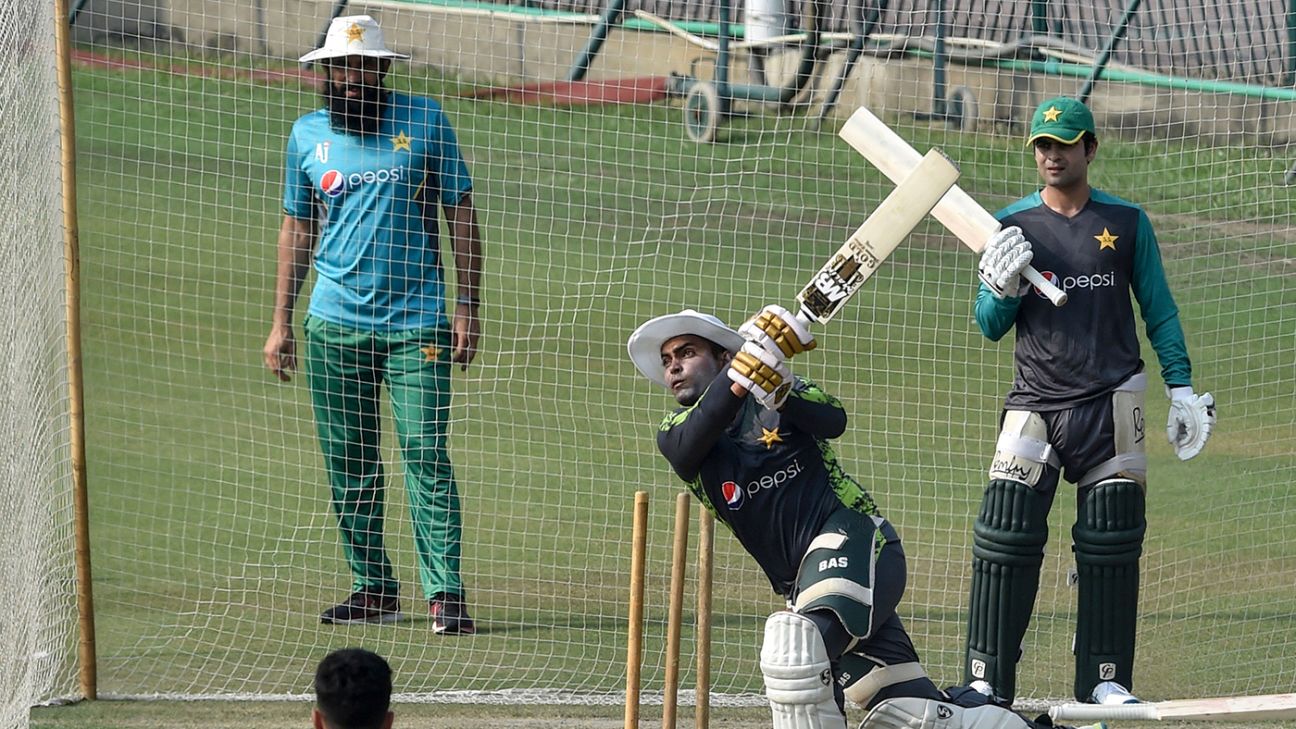
The Pakistan contingent on tour in New Zealand will continue their managed isolation in Christchurch, but won't be given any exemptions that allow them to train in groups. This is due to "ongoing concerns about the risk of cross-infections within the squad," according to New Zealand's Health Ministry.
Out of the 54 members on tour, 44 have returned negative tests while six players remain Covid-positive. The cases of four others are deemed to be "historic".
ALSO READ: How did so many Pakistan players test Covid-positive?
As things stand, the entire contingent will complete the extended quarantine period on December 9, after which they can begin training subject to clearance from the New Zealand government.
"I have very carefully considered this situation. At this time, I continue to have ongoing concerns about the risk of cross-infection within the squad,' Dr Ashley Bloomfield, director-general of New Zealand's health ministry said in a statement.
"There have been a number of active cases identified among the team. Public health considerations will continue to be foremost in our response to COVID-19, whether this involves individuals or teams. We appreciate the challenges that this decision will have for the touring team."
In a statement issued by the board, Wasim Khan, the PCB CEO, termed the move as "disappointing", while also questioning the reasons for non-exemption for the 44 players who have tested negative. He also expressed disappointment that the negative tests weren't made public, while all positive tests were reported immediately.
The Pakistan team, with a squad of 34 players and 20 support staff, were all found to be Covid negative on the day of departure. They arrived in Auckland with stopovers in Dubai and Kuala Lumpur on November 22 and should have completed their 14-day quarantine on December 4, which was later revised because six players returned positive on the second day upon arrival.
Pakistan are scheduled to play three T20s and two Test matches, beginning in Auckland on December 18, in just over two weeks.















 Phone: (800) 737. 6040
Phone: (800) 737. 6040 Fax: (800) 825 5558
Fax: (800) 825 5558 Website:
Website:  Email:
Email: 






